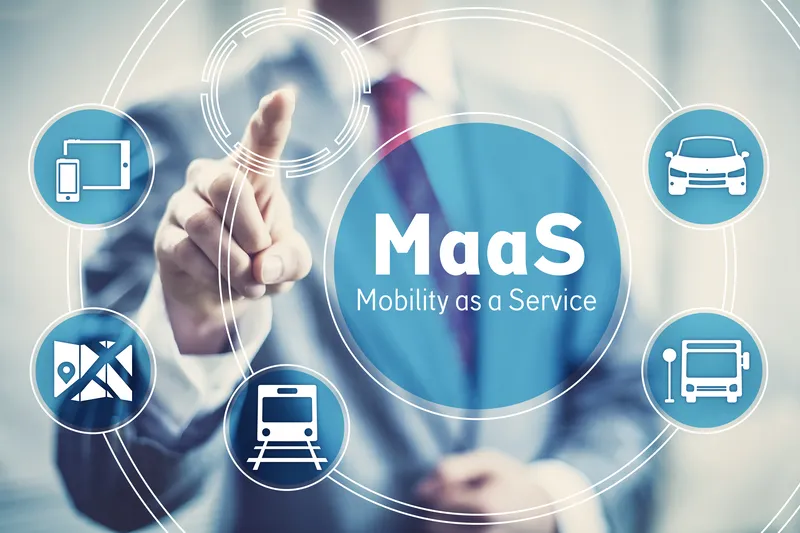
Public agencies, including transit agencies and departments of transportation, must play a central role to achieve the societal benefits of Mobility as a Service (MaaS), says Populus.
The US company, which created the Mobility Manager data platform, has released a report which it says will provide a framework for accelerating progress towards integrated mobility solutions.
The Transportation Holy Grail – Mobility as a Service (MaaS) and Mobility Management advises public agencies to coordinate to influence the future of MaaS to steer progress on transportation equity, carbon efficiency and congestion.
The report says city departments of transportation should procure mobility management solutions while public transit agencies will need to make “wise procurement decisions” to ensure mass transit is easy to use as new mobility services emerge.
Populus believes public agencies will benefit from developing a “deep understanding” of the data standards which support their goals and should establish flexible regulatory frameworks to ensure they can update them over time.
The paper highlights that cities should prioritise understanding how to procure and assemble interoperable systems that can achieve the same goals as a unified MaaS system.
It also highlights that a “key stumbling block” for public agencies to deliver an integrated MaaS solution will be the effective integration of public transit payments.
The company is therefore urging agencies to invest in simplifying overly complex transit fare structures in addition to advancing integrated and open payment systems that make it easier for travellers to pay for mass transit.
The report also points out that cities will need to ensure their existing publicly-procured technology systems such as parking meters and signals can “speak” to emerging fleets of connected vehicles, which include buses.
Populus describes technology vendors that digitise the physical infrastructure of a city or deliver hardware and later refuse to allow cities to utilise their own data as “a key bottleneck”.
Cities are wise to ensure that they understand data ownership for information about their own hardware or assets, the company adds.
Populus acknowledges that “significant progress” has been made over the last few years toward enabling cities to deliver on the promise of MaaS solutions.
The company states that the rise of mobility management solutions paints a clearer path forward on the role that public agencies can play in steering MaaS applications to shape a transportation future that is safer and more equitable.










